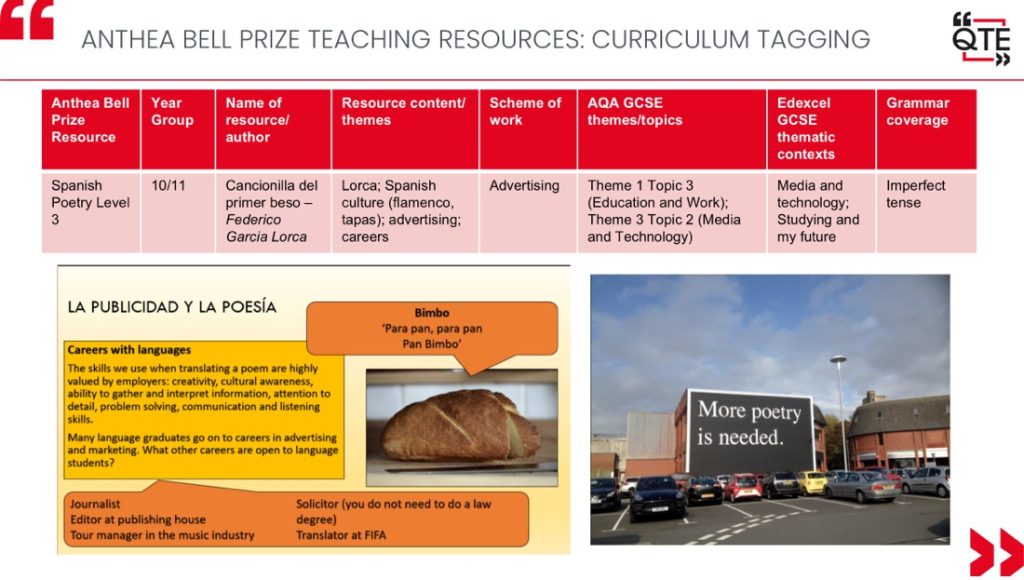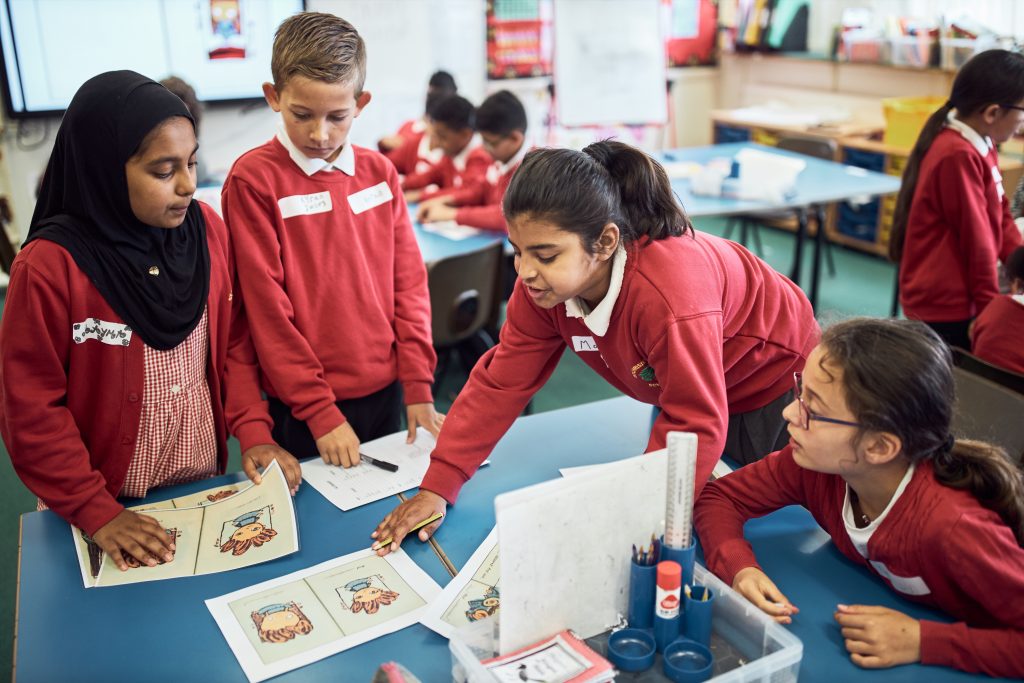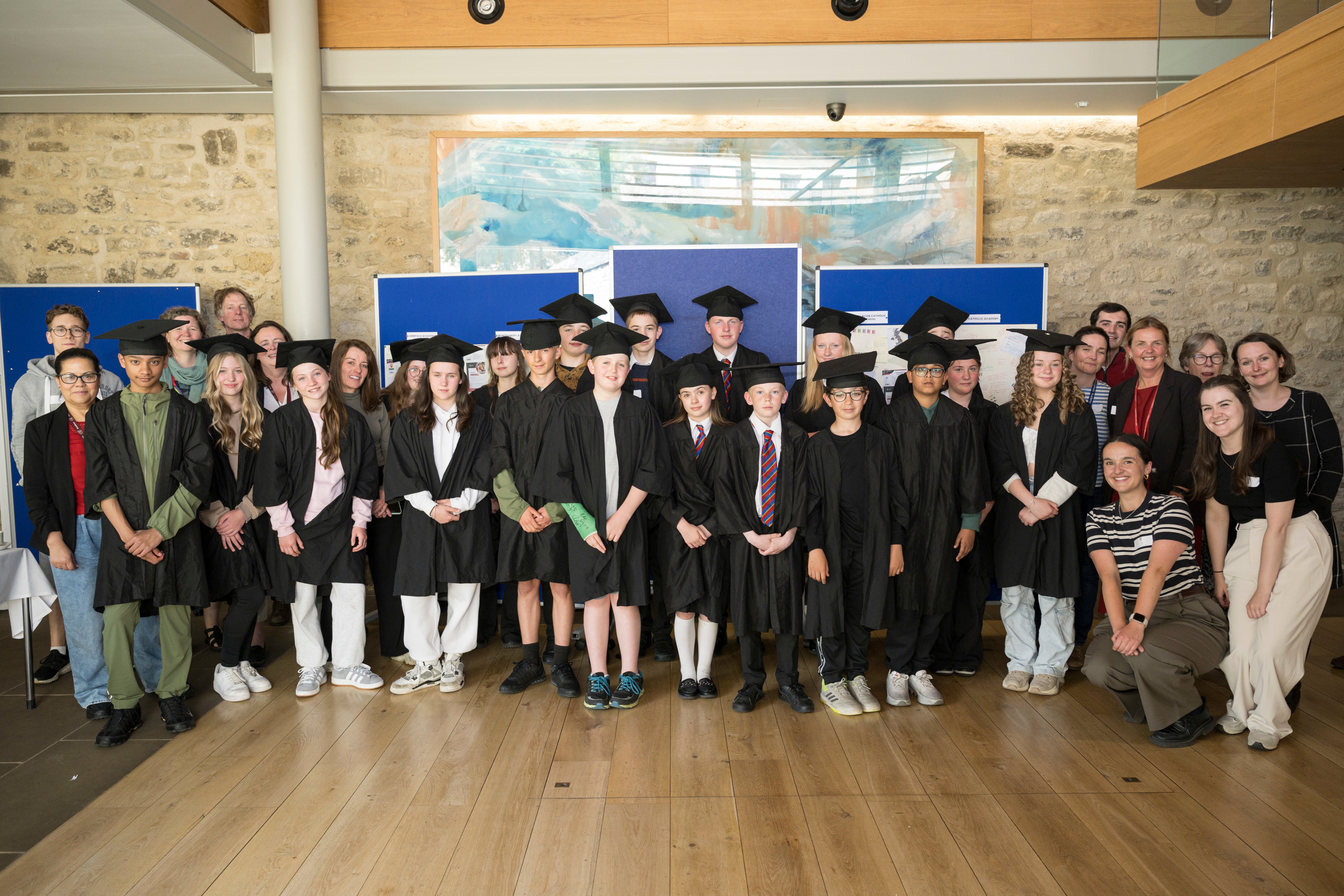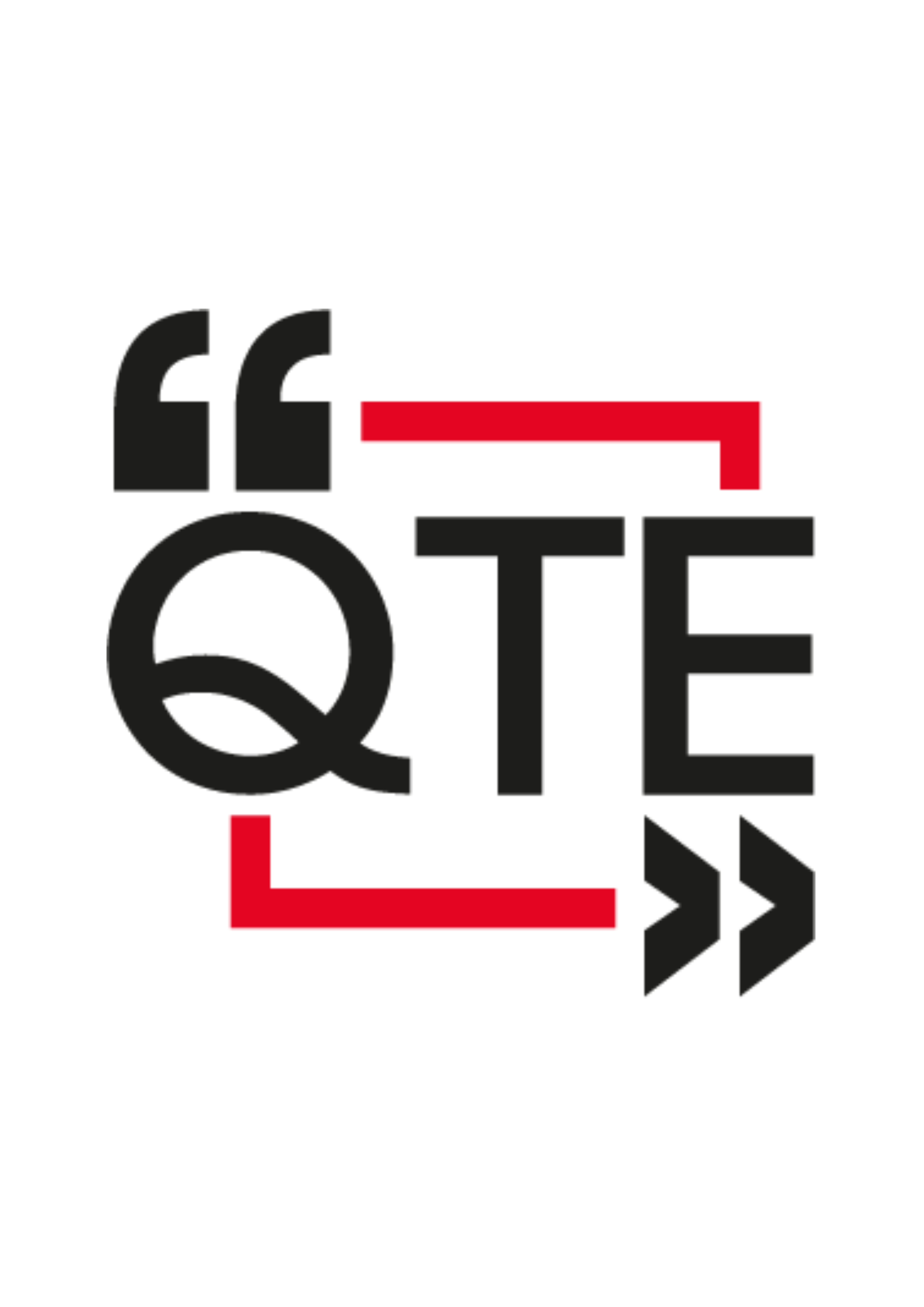Dr Charlotte Ryland is Supernumerary Fellow, and Founding Director of The Queen’s Translation Exchange.
At an event on ‘Making the Case for German’ last week, led by a coalition of partners committed to promoting language learning, I had lots of great conversations with some of my favourite people from my favourite profession – languages teachers in schools. These conversations are always a highlight, both because it’s such a pleasure to speak to fellow linguists, and because the insights from teachers into their experience of the languages classroom and curriculum, and how these interact with our Creative Translation programmes, are so helpful as we develop our work. Despite a vibrant community of motivated and committed teachers, our impression from these discussions is that an increasingly limited school curriculum has put languages in crisis.
This time, many of the conversations centred on our Anthea Bell Prize for Young Translators, since it has recently launched for 2024-25. One colleague from a large state comprehensive told me that for the first time last year, the winners and commendees were awarded their Anthea Bell certificates at the school’s Speech Day. The teacher was thrilled about this, remarking how rare it is for languages to have high-profile recognition of this kind within the school. We hear this kind of thing so often from teachers, that while STEM subjects and their many ‘olympiads’ sweep the board at speech days, school assemblies and the like, the equivalent opportunities for languages are few and far between. This is a problem that the Anthea Bell Prize and our sister award, the Stephen Spender Prize for poetry in translation, seek to address. A second conversation, this time with a colleague from a large independent school, brought this full circle. They told me that pupils are now regularly asking about the Anthea Bell Prize, fully expecting that they’d all be able to get involved – that this was now an integral part of their languages study. ‘It’s starting to feel like the Physics or Maths Olympiad’, they remarked – pupils are hearing about the opportunity from elsewhere and are keen to get involved.
It was conversations like this with teachers that led us to found the Anthea Bell Prize in the first place, and those conversations have remained central to our programmes as they’ve expanded. The latest development in our work is entirely collaborative in this way. Following a fair amount of urging from teachers over the years, we now have enough capacity to tag all of our teaching resources with key curriculum points (themes, vocabulary, grammar, phonics). We’ve been supported in this by some of the teachers in our network – hats off to Kate Thirlwall, Clare Phillips and Juliette Claro – who have helped us to link our existing creative-cultural resources with the nuts and bolts of the curriculum. A Spanish resource for KS4 that has a poem by Lorca at its core, for example, is tagged with the ‘Media & Technology’ and ‘Education & Work’ themes which appear in many schemes of work, and with the imperfect tense.

As we develop this project, we’ll be tagging French fiction resources with ‘en ville’ and the present tense, German graphic novels with ‘art’ and ‘youth culture’ and adjectival endings, excerpts from Italian novels with ‘media’, ‘colonial history’, and past tenses. Teachers will therefore have access to adaptable resources that can be easily integrated into their existing schemes of work, enabling them to teach the curriculum content through these texts.
Yesterday we shared a little taster of our Spanish curriculum tagging with the 1,900+ teachers registered for the Anthea Bell Prize, and we plan to publish tags for all of our 96 teaching resources in the new year – covering KS3-5 in French, German, Italian, Mandarin, Russian and Spanish. If you’re a languages teacher and would like to get involved with this project, do drop us a line at translation.exchange@queens.ox.ac.uk.
Meanwhile, we’ll be including this evidence of how possible it is to integrate language acquisition into a creative, cultural curriculum in our submission to the CAR. We hope many readers will do the same.



